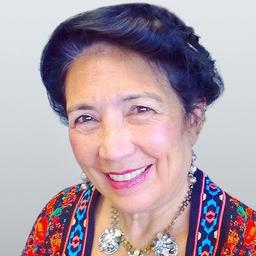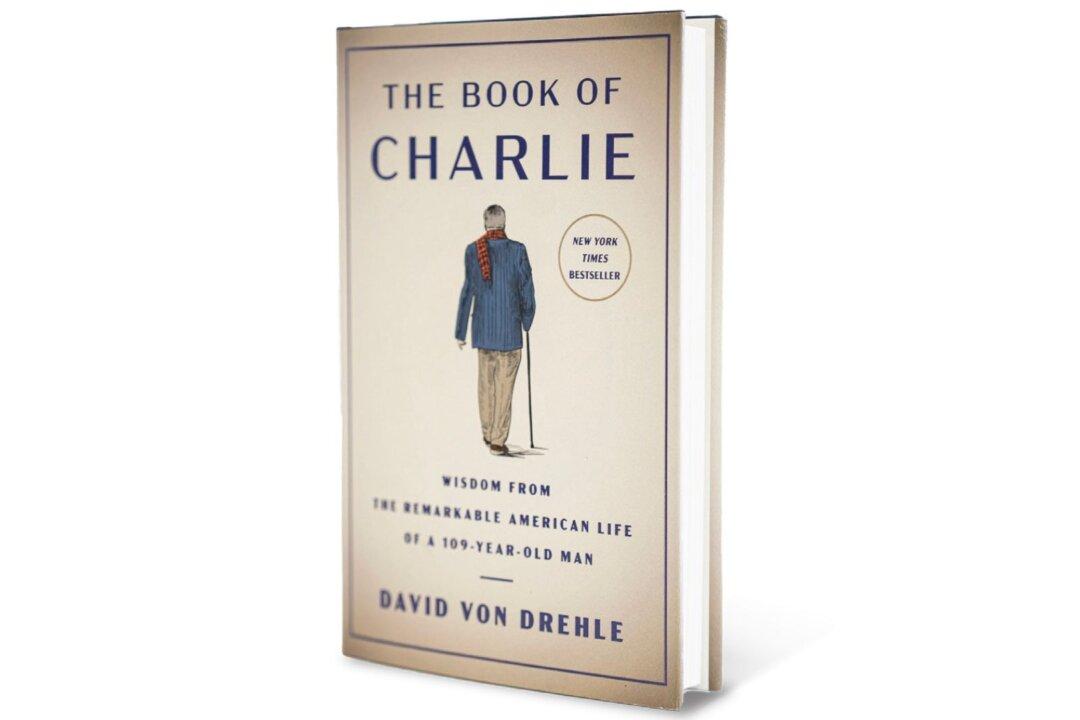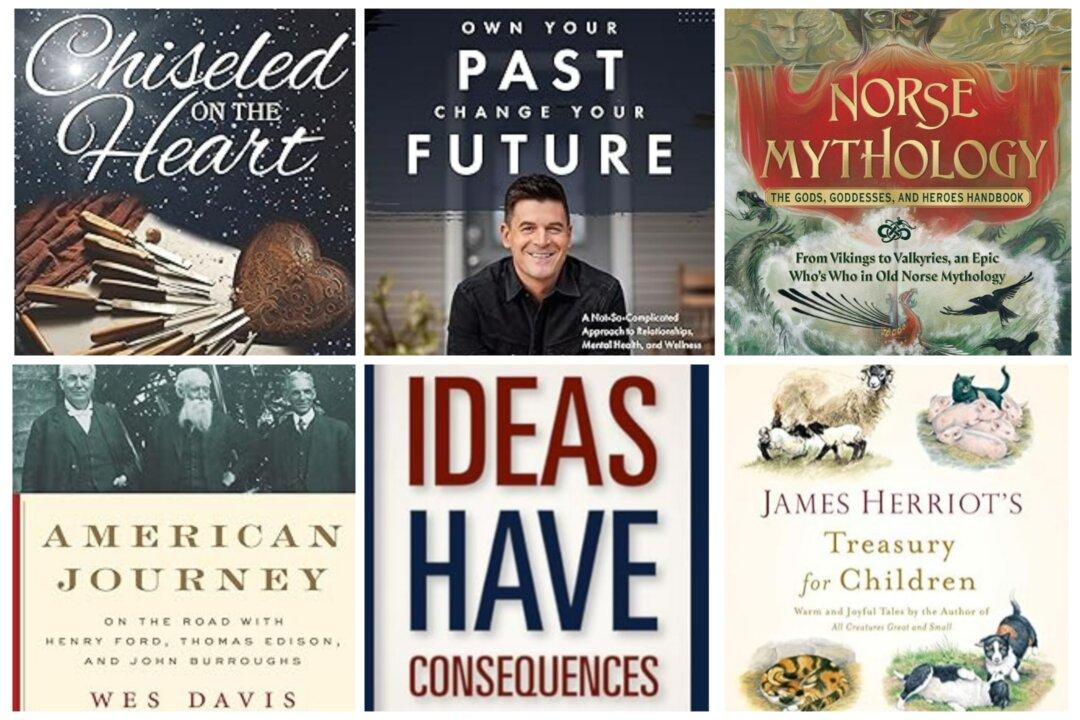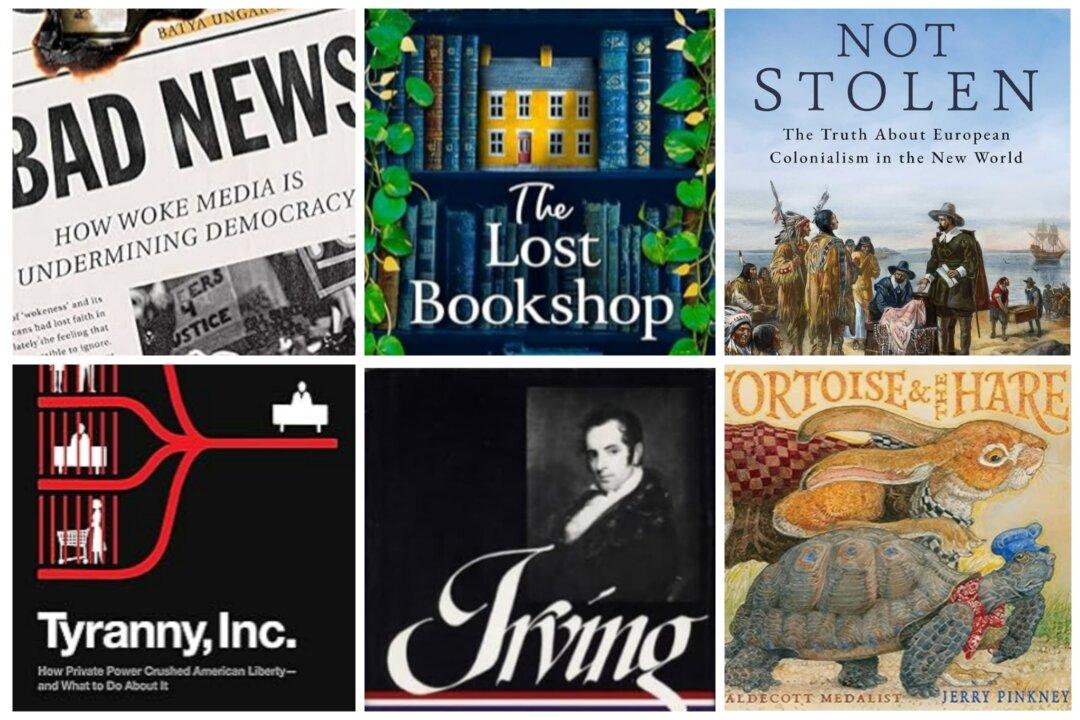Dr. Ben Carson has been celebrated in a variety of arenas. He is the former secretary of housing and urban development, a 2016 Republican presidential candidate, and the former director of pediatric neurosurgery at Johns Hopkins. He is also a bestselling author having penned several books before this one. In 2008, under President George W. Bush, he was the recipient of the Presidential Medal of Freedom, the highest civilian honor in the land. He holds more than 70 honorary doctorate degrees. He’s also black, a Christian, and a conservative. He’s been married to his wife, Candy, for nearly 50 years. They have three grown sons.
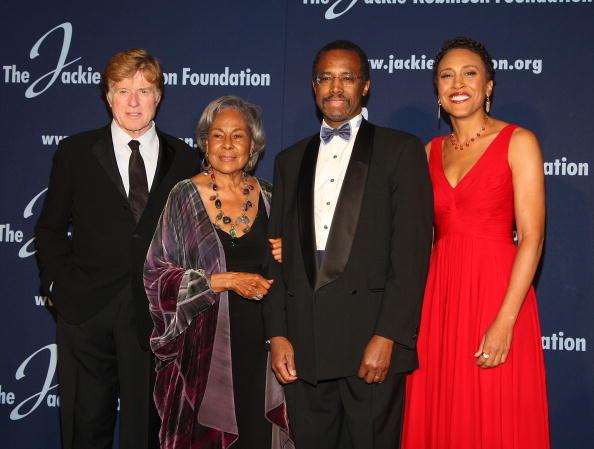
(L-R) Honoree Robert Redford, Jackie Robinson Foundation Founder Rachel Robinson, and honorees Dr. Benjamin Carson Sr. and Robin Roberts attend the Jackie Robinson Foundation Annual Awards Dinner on March 16, 2009, in New York City. Bryan Bedder/Getty Images for The Jackie Robinson Foundation


